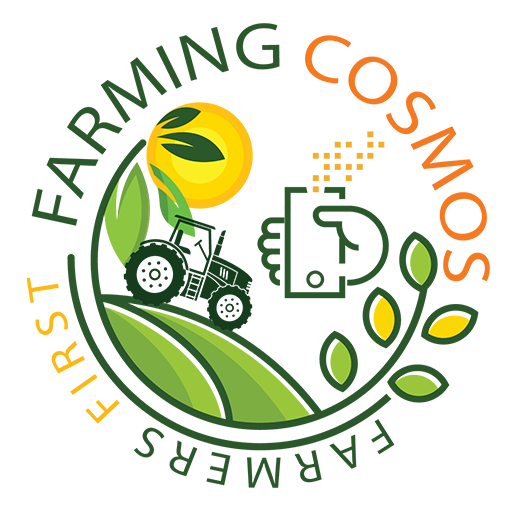It enhances infiltration rate of soil, allowing denser and deeper root growth for better utilization of water, nutrients
To tackle the problem of formation of a hard pan in the upper soil layer (15-20 cm) due to continuous wheat-paddy crop cycle, the Punjab Agricultural University (PAU), Ludhiana experts have advised the farmers to practice chiseling of soil for better yield. PAU vice chancellor Satbir Singh Gosal informed that chiseling is a deep tillage technique that loosens the subsoil without inversion.
This enhances the infiltration rate of the soil, allowing denser and deeper root growth for better utilization of water and nutrients, leading to higher crop yields. Gosal pointed out that the time was just right for the process following the harvest of the wheat crop.
This farming technique can be a game-changer for farmers in Punjab, providing a solution to the challenges faced in rice-wheat cultivation and improving yields for a more sustainable future, he opined.
The PAU Director of Research Ajmer Singh Dhatt gave an overview of soils in Punjab. He revealed that about 60% of Punjab soils are coarse-textured (loamy sands and sandy loams) with high bulk density. On drying out, they lead to high soil strength that restricts root growth and reduces crop yields.
Dhatt explained that even heavy or fine-textured soil presents issues with water transmission into the soil due to high clay content, causing water stagnation and aeration problems, limiting the proliferation of plant roots. He warned that the development of a sub-surface hard pan in the soil because of continuous puddling for paddy can take its toll on the succeeding wheat crop yield.
Illustrating the concept further, Professor Dhanwinder Singh, head of the PAU Department of Soil Science, disclosed that chiseling is done up to a depth of 40- 45 cm at a specified spacing (100 cm for sugarcane and 35-40 cm for maize and other crops).
According to research conducted at the PAU, chiseling enhances the yield of crops like maize (10-100%), wheat (after rice) (10-15%), sugarcane (15%), sunflower (10-15%), soybean (5-15%) and raya (5-15%). The benefits of deep tillage are more significant in soils with more sand content, limited-irrigated conditions, and during the summer/kharif season, he added.
PAU’s Principal Soil Physicist Meharban Singh Kahlon advised that chiseling be carried out in drier soil to achieve maximum loosening, and care should be taken to ensure that chisel marks are not compacted by tractor wheels. Elaborating on the economic aspect of the operation, he informed that it costs about Rs 600-1000 per acre, depending on the spacing, and should be carried out once every 2-3 years for sustainable gains in crop productivity.
To read in Punjabi and Hindi, click below.
